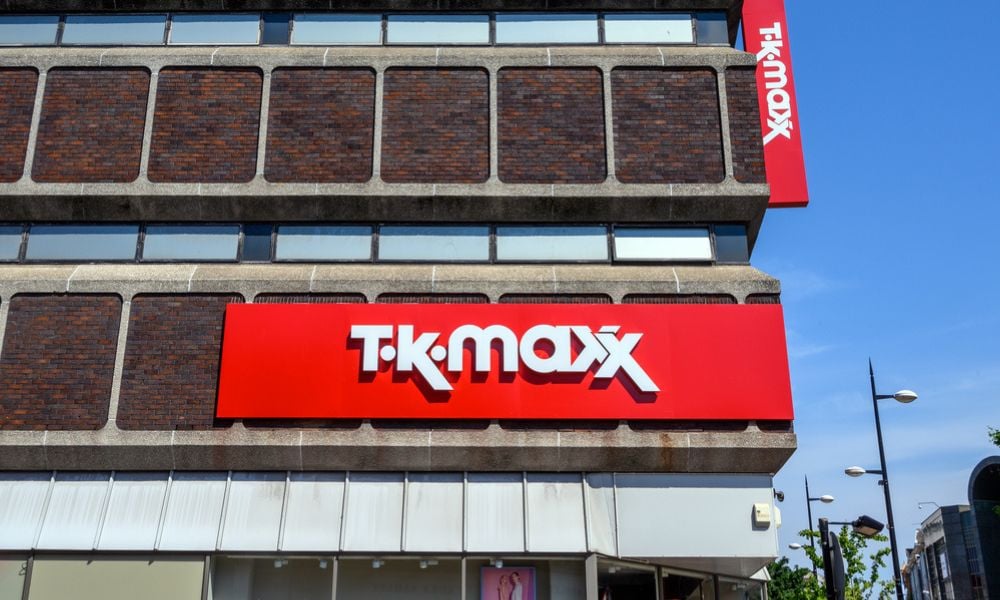DEBATE OVER over whether or not HR should take the role of employee advocate still exists among CEOs.
DEBATE OVER whether or not HR should take the role of employee advocate still exists among CEOs.
The role of HR in an organisation and how it can really be a partner in the business was discussed by a panel of CEOs and managing directors at the recent HR national conference in Melbourne.
While there was a general consensus among panellists that HR is an important part of the strategic element of the business, there was debate about whether HR should act as an employee advocate or not. While some felt that it was HR’s job to be an advocate and a voice of employees during times of trouble, others felt that this was not the role of HR, but line managers.
Rhicke Jennings, managing director of FedEx, believed that while HR should be very much a strategic partner of the business, it was also important for them to remain a voice for the employee.
“HR should always take the employee’s view or the employee’s side as a general basis for a view –as opposed to strictly being part of the executive team,” said Jennings. “We have people who are going to be extremely cost-focused and service-focused, but we really need that characteristic of looking out for the employee, representing the employee view and making sure that any decision that we make is balanced for all the stakeholders.”
CEO of the RSPCA, Maria Mercurio, believed, however, that it was a common mistake of HR to act as employee advocate.
“I think HR has to persist in working side by side with the people in the organisation and I think some of the mistakes that HR has made in the past is to be seen as the employee advocate almost, rather than the business partner with the management team,” she said.
“I expect HR to be giving high-level strategic advice to us as a management team, to observe the team dynamics, to be advising me on what’s going on within the team. Because, sometimes, when you’re involved in the business of the team you’re not an observer.”
But Mercurio believes that HR’s role should stop short of playing employee advocate.
“I don’t think it’s a role that HR should play. I know it has been, traditionally, but I don’t think that’s what they’re here for,” she said.
“Employees have line managers, we have grievance procedures. We have all sorts of policies in place to protect staff.
“From the HR manager’s job to make sure we have good policies, that we are developing our people, that we have a strong line management system in place, that we’re driving the right culture, that we’re on track, we’re delivering on our business outcomes from a people management and capability point of view.”
Sam Sheppard, executive general manager human resources, talent and development, Commonwealth Bank, said that HR must have a genuine interest in people. She said that, ideally, the HR manager would be fortunate enough to work with leaders who know what has to be done, but it would then be up to HR to say “how” it should be done.
“How it is done within the organisation has to be led by the custodianship of HR,” said Sheppard. “Being able to execute a strategy with dignity and respect, that leaves the people whole, engaged – whatever the scenario you have to work through with them – is a core value of the HR practitioner.”








